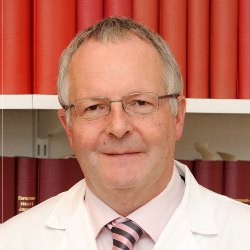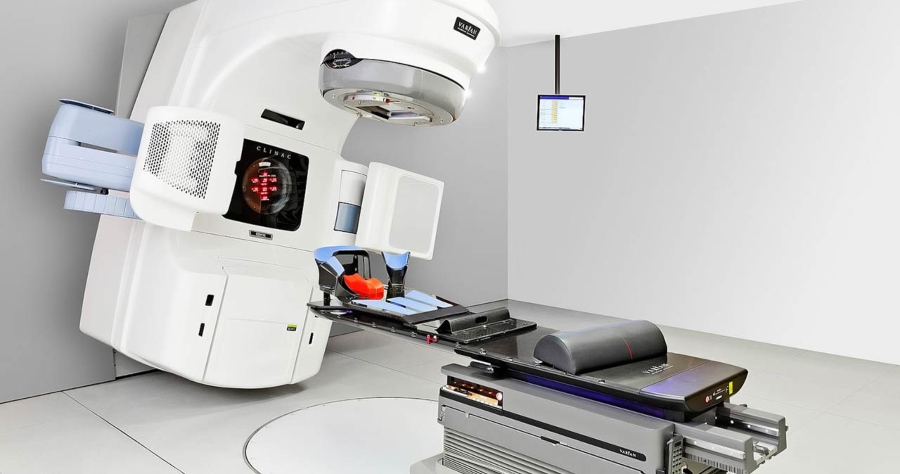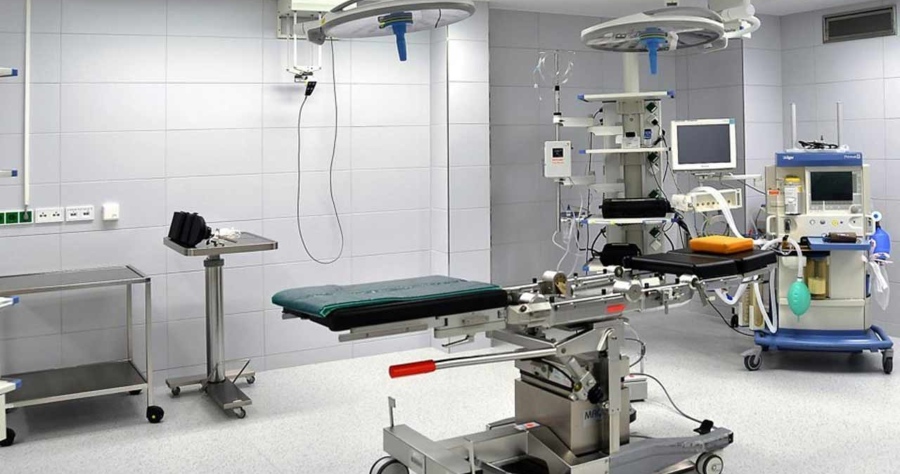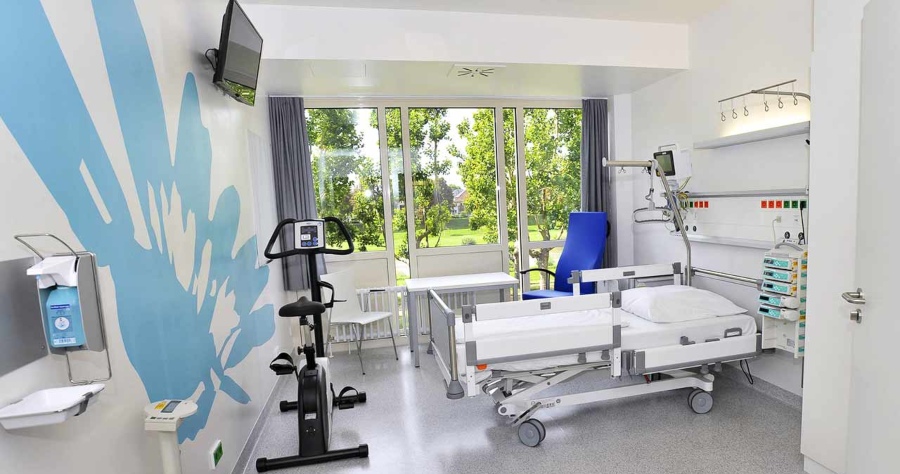University Hospital Mannheim
![]() Mannheim, Germany
Mannheim, Germany
Diagnosis of Angina pectoris
- Initial consultation with the doctor
- clinical examination
- cardiological examination
- review of medical records
- laboratory tests:
- complete blood count
- biochemical analysis of blood
- lipid profile
- kidney function test
- metabolic status
- hormonal analysis
- cardiovascular disease risk markers
- general urine analysis
- ECG
- chest X-ray
- stress echocardiography
- graded exercise stress test
- myocardial perfusion scintigraphy (if indicated)
- coronary artery calcium (CAC) score by fast CT (if indicated)
- electron-beam computed tomography (EBCT)
- CT coronary angiography (if indicated)
- nursing services
- consultation with cardiologist
- consultation with other related specialists
- explanation of an individual treatment plan
- written prescription
Department of Cardiology, Angiology and Pulmonology

Head of the Department
Prof. Dr. Martin Borggrefe
Department of Cardiology, Angiology, and Pulmonology at University Hospital Mannheim provides care for patients with heart, blood, lung, and vascular diseases. The department directs special attention towards the management of cardiac diseases such as the diagnosis and treatment...
Read MoreAbout University Hospital Mannheim
University Hospital Mannheim has a remarkable reputation which landed it among one of the best facilities in Germany, according to FOCUS Magazine. The hospital was established in 1701 and now it is a modern hospital that consists of all of the latest, state-of-the-art equipment for the diagnosis and treatment of the full spectrum of various diseases. The hospital consists of over 30 specialized departments and centers with 1,352 beds where specialists along with outstanding nursing staff treat more than 47,000 inpatients annually. The hospital has more than 20 outpatient clinics and operating theaters where about 326,000 outpatients are treated and 11,500 surgical procedures are carried out every year. The hospital works in cooperation with the Medical Faculty of the Heidelberg University in the field of medical research. The hospital is certified by KTQ, DGfN, IQM, the German Cancer Society, and the German Society of Trauma Surgery. The hospital also has an Integrated Emergency Center that works in cooperation with various departments to ensure the patients get optimal care for their cases.







